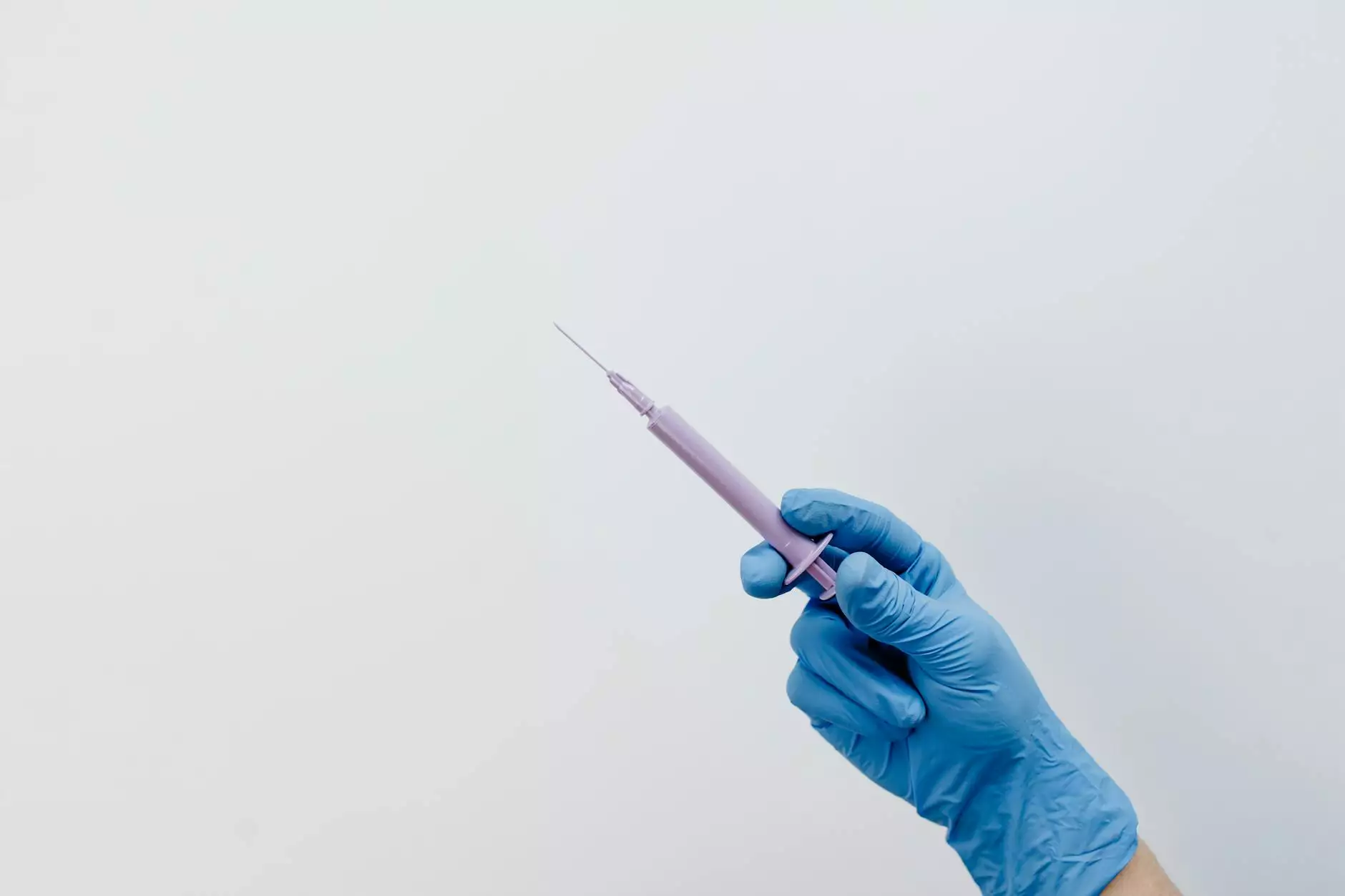Precision Injection Mould Plastics: A Game Changer in Manufacturing

Precision injection mould plastics have transformed the manufacturing landscape by introducing unparalleled efficiency, consistency, and versatility. As industries evolve, the demand for high-quality plastic components has surged, positioning precision injection moulding as a cornerstone of modern production processes. This article delves deep into the intricacies of this technology, provides insights into its applications, and showcases the benefits it brings to businesses, particularly within the realm of metal fabrication.
Understanding Precision Injection Moulding
At its core, precision injection moulding is a manufacturing process used to create intricate plastic parts and components with remarkable accuracy. The process involves injecting molten plastic material into a precisely engineered mould under high pressure. Once cooled, the plastic solidifies into the desired shape. Here’s a breakdown of how it works:
- Designing the Mould: The first step is to create a detailed design of the mould, which determines the shape and dimensions of the final product.
- Material Selection: Various types of thermoplastics are available, and the right plastic is chosen based on the intended application's performance requirements.
- Injection Process: The plastic is heated until it reaches a molten state and is then injected into the mould under controlled conditions.
- Cooling and Ejection: After a predetermined cooling time, the mould opens, and the newly formed part is ejected.
The Significance of Precision in Manufacturing
In an industry where every detail counts, the term precision cannot be overlooked. The benefits of utilizing precision injection mould plastics in manufacturing include:
1. Enhanced Accuracy and Quality
Precision moulding ensures that each component produced meets stringent quality standards. The high level of accuracy reduces the likelihood of defects, which translates to less waste, lower costs, and ultimately, satisfied customers.
2. Cost Efficiency
While the initial investment in precision injection moulding machinery might be significant, the long-term savings can be substantial. The ability to produce large quantities of components quickly and consistently means lower production costs per unit. Additionally, the reduction in scrap and rework significantly contributes to overall cost efficiency.
3. Versatility in Applications
From automotive parts to consumer electronics, precision injection mould plastics can be tailored to meet a wide variety of requirements. This versatility allows businesses to innovate rapidly and adapt their products to meet changing market demands.
Applications of Precision Injection Mould Plastics in Metal Fabrication
The integration of precision injection moulding within the metal fabrication sector showcases the synergy between two pivotal manufacturing processes. Here are some key applications:
1. Housing and Enclosure Components
In the realm of electronics, precision injection moulding is extensively used to create durable and precise housing for electronic devices. These housings are often combined with metal components, requiring the moulded parts to fit perfectly and enhance the overall functionality of the product.
2. Fasteners and Connectors
Various fasteners and connectors used in metal fabrication are produced via precision injection moulding. These components must adhere to strict tolerances to ensure seamless integration and reliability in the final assembly.
3. Prototyping for Metal Parts
Before finalizing metal components, manufacturers often create prototypes using precision injection mould plastics. This allows for testing and evaluation of design elements, ensuring that the final metal part meets all specifications and performance criteria.
The Advantages of Implementing Precision Injection Moulding in Business
The adoption of precision injection moulding technology offers numerous business advantages:
1. Accelerated Time to Market
With rapid production capabilities, businesses can design, produce, and deliver products to market more quickly than traditional manufacturing methods. This agility is crucial in today’s fast-paced business environment.
2. Customization and Flexibility
The flexibility of precision injection moulding allows businesses to customize products to meet specific customer needs without excessively long lead times. This level of customization can significantly enhance customer satisfaction and loyalty.
3. Sustainability Initiatives
Modern precision moulding processes often emphasize sustainability. By reducing waste and optimizing material usage, companies can align with environmentally friendly practices, appealing to the conscious consumer and enhancing brand reputation.
Choosing the Right Partner for Precision Injection Moulding
To leverage the benefits of precision injection mould plastics, selecting the right manufacturing partner is critical. Here are some factors to consider:
1. Expertise and Experience
Look for a partner with a proven track record in precision injection moulding. Their experience can significantly impact the outcome of your projects, ensuring that you receive high-quality components that meet your specifications.
2. Advanced Technology
Ensure that the manufacturer utilizes state-of-the-art machinery and technology. Advanced injection moulding techniques can enhance precision, speed, and efficiency, leading to improved product quality.
3. Quality Assurance Processes
Effective quality assurance measures are essential. A reputable partner will have stringent quality controls in place to monitor every step of the production process, ensuring that all products meet high standards.
4. Customer Support and Communication
Strong communication and customer support are vital for project success. Your manufacturing partner should be responsive and willing to collaborate throughout the entire production process.
The Future of Precision Injection Mould Plastics
The future of precision injection mould plastics looks promising. With ongoing advancements in technology, such as the integration of automation and smart manufacturing techniques, this sector is poised for continued growth. Here are some potential developments:
1. Innovations in Materials
Research is ongoing to develop new materials that enhance the performance of injection-moulded products—offering better strength, heat resistance, and sustainability.
2. Increased Automation
The incorporation of robotics in the precision injection moulding process can further reduce human error, increase production speeds, and lower operational costs.
3. Sustainable Practices
As sustainability becomes a critical focus, manufacturers are likely to adopt more eco-friendly materials and processes, positioning themselves as leaders in responsible manufacturing.
Conclusion
In conclusion, precision injection mould plastics hold a pivotal role in modern manufacturing, especially within the metal fabrication industry. The efficiency, accuracy, and versatility of this process provide significant advantages for businesses aiming to thrive in an increasingly competitive marketplace. By understanding its applications and benefits, companies can harness the power of precision injection moulding to innovate, streamline production, and enhance overall product quality.
For businesses looking to explore the immense potential of precision injection mould plastics, consider partnering with industry leaders such as DeepMould.net. Their expertise in metal fabrication and plastic injection moulding can help you elevate your production capabilities, ensuring you remain at the forefront of your industry.



